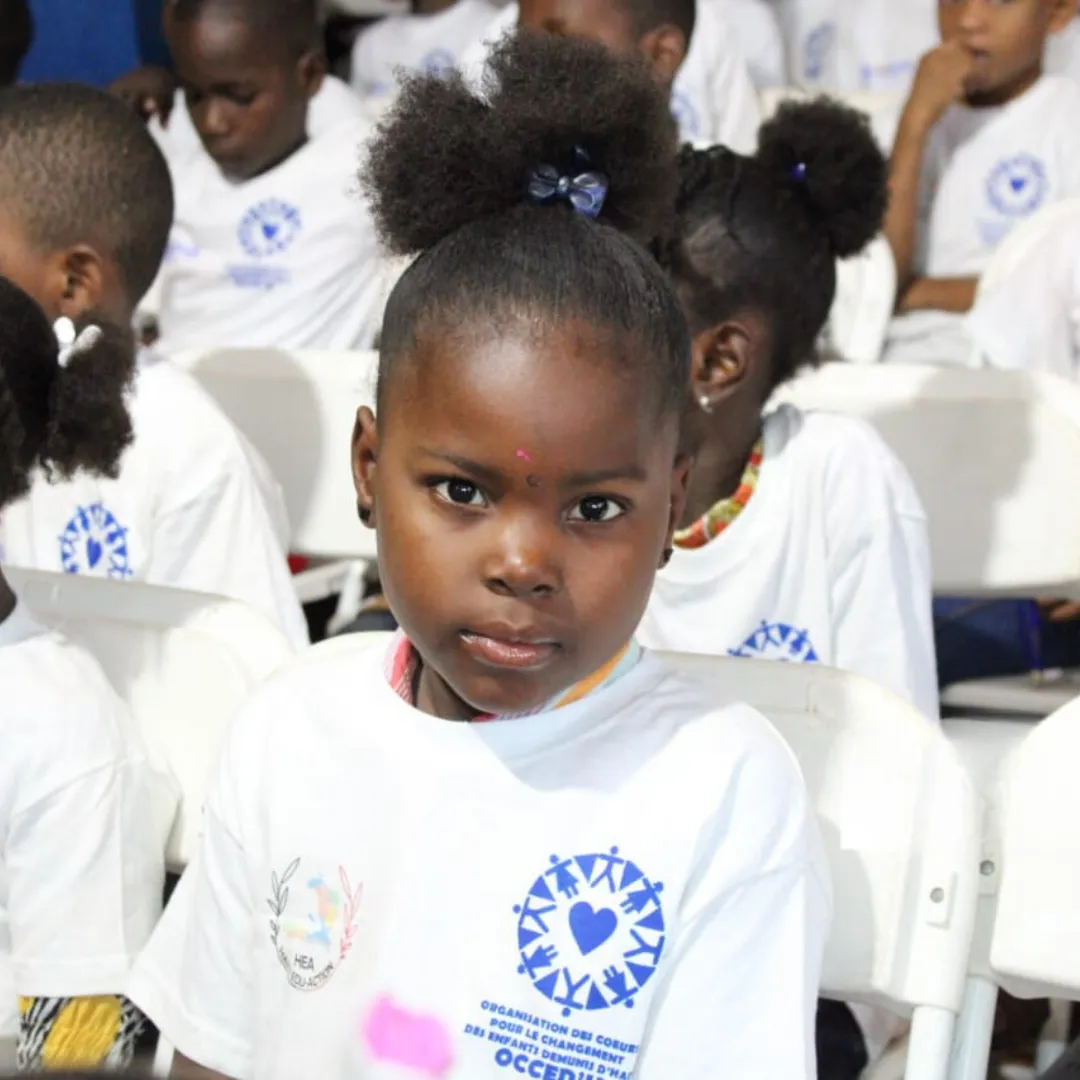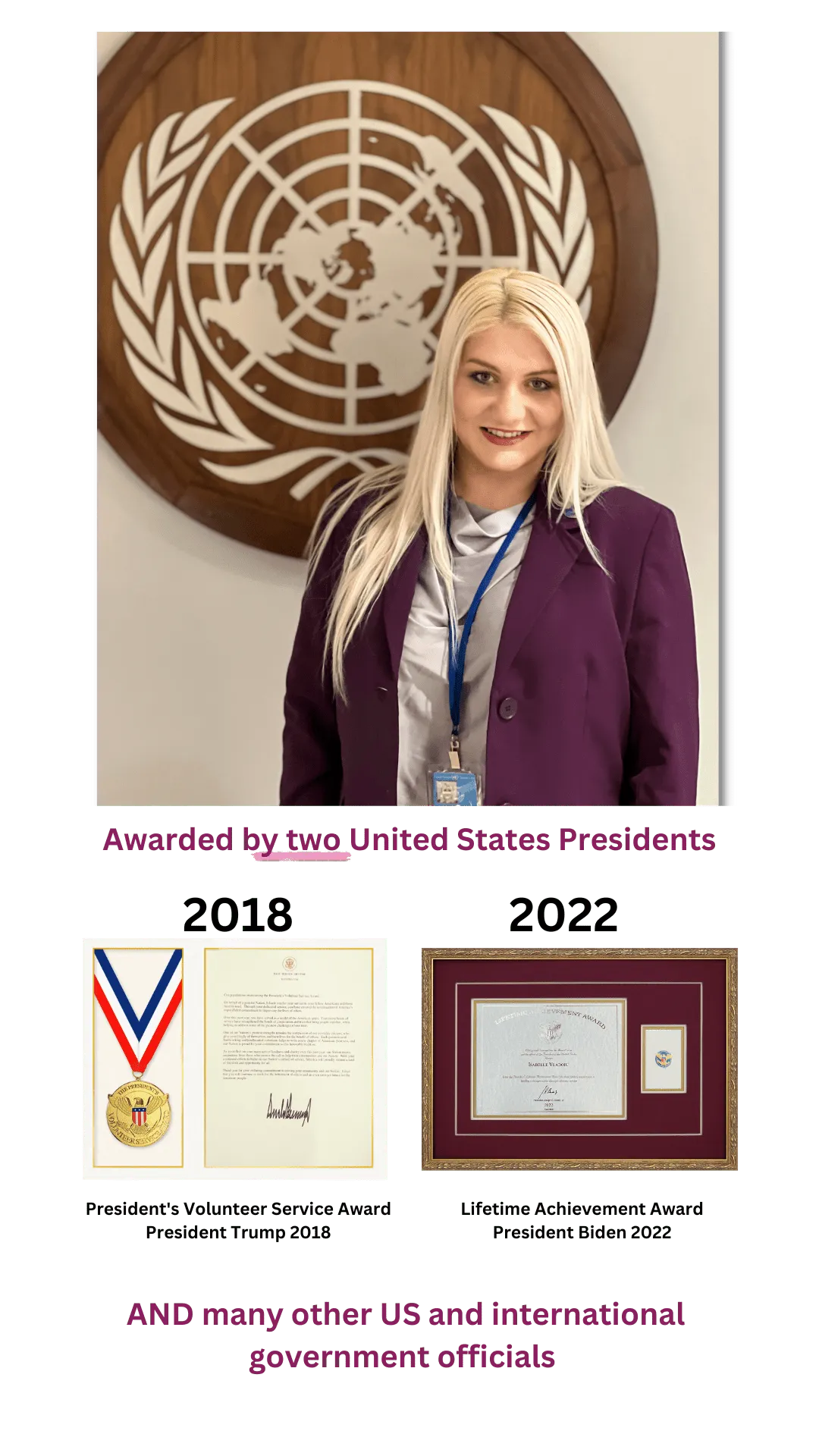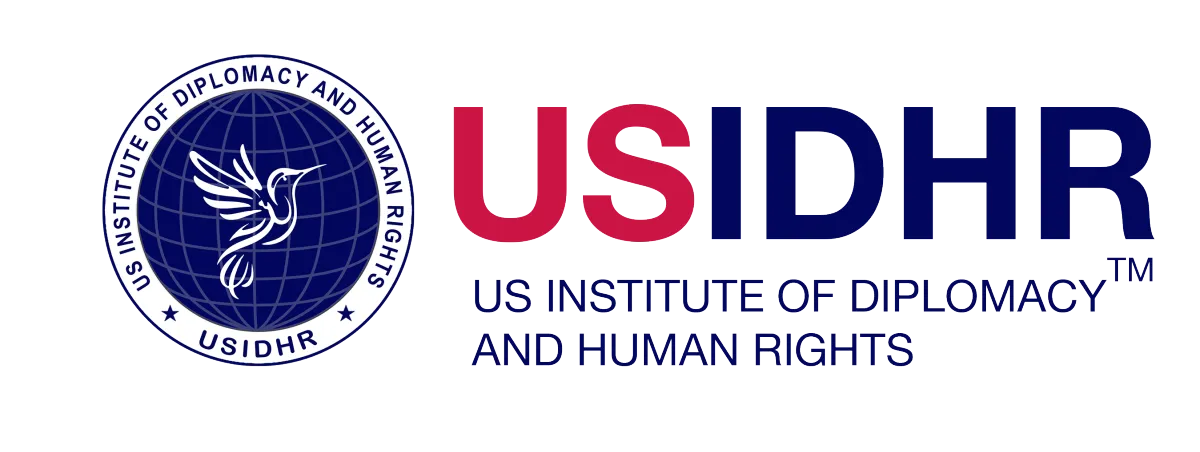Protecting the Rights of the Child in Humanitarian Situations
Enhance your capacity to protect and promote the well-being of children in humanitarian situations. This course delves into the multifaceted difficulties children encounter in such settings, including the deprivation of basic needs such as medical care, clean water, sanitation, nutrition, quality education, and protection. Anchored in UNICEF's Core Commitments for Children in Humanitarian Action and guided by the principles of international humanitarian and human rights law, particularly the Convention on the Rights of the Child, our program aims to equip participants with the knowledge and skills to advocate for and implement protective measures for children.


12 weeks
3-5 works per week

Self-paced
Progress at your own speed

Free
Optional upgrade available

12 weeks
3-5 works per week

Self-paced
Progress at your own speed

Free
Optional upgrade available
There is one session available NOW:
FIRST STEP: REGISTER
About the Course
An estimated 535 million children—nearly one in four children in the world—live in countries affected by humanitarian crises, facing dire shortages of medical care, clean water, sanitation facilities, proper nutrition, quality education, and protection. These aren't just statistics; they reflect the real and tough challenges millions of children face every day.
This course aims to cast a spotlight on these adversities and the importance of safeguarding the rights and welfare of children in such precarious environments. Grounded in the guiding principles of UNICEF's Core Commitments for Children in Humanitarian Action, our curriculum is firmly rooted in the global mandates of the Convention on the Rights of the Child. This comprehensive approach ensures that our focus extends to the rights of every child, regardless of their circumstances.
This program is pivotal for any advocate in the field of child protection. It equips participants with a deep understanding of the critical issues at stake and the international frameworks designed to protect children.
Targeted not just at professionals but also accessible to anyone, this course aims to build a bridge between understanding and action. We hope to inspire a new generation of advocates and helpers by demystifying the complexities of humanitarian aid and child protection. Through this class, you'll gain insights into the real-world impact of crises on children's lives and explore how each of us can contribute to making a significant difference. This is about more than just learning—it's about empowering you to take action for children everywhere.
In essence, "Protecting the Rights of the Child in Humanitarian Situations" is more than just a course; it's a call to action for advocates worldwide. It underscores the pressing need for skilled, knowledgeable individuals who can navigate the complexities of humanitarian crises with compassion and effectiveness, ensuring that children—not as statistics, but as individuals with rights and potential—are given the protection and support they desperately need.
What you'll learn
Advocate for the Rights of Children in Humanitarian Crises: Gain a deep understanding of the global legal frameworks, including the Convention on the Rights of the Child and UNICEF's Core Commitments for Children (CCCs), to effectively champion the rights of children affected by humanitarian crises.
Promote Environmental Health and Safety for Children: Learn to advocate for policies and interventions that protect children from the adverse effects of pollution and climate change, emphasizing the necessity of a clean and safe environment for their well-being and development.
Champion the Cause of Migrant and Refugee Children: Acquire the knowledge and skills to advocate for the rights and protection of children in migration, using the UNHCR's Best Interests Procedure as a guiding framework to ensure their safety and well-being.
Support Children with Disabilities in Crisis Situations: Develop targeted advocacy strategies to ensure that children with disabilities are not overlooked in humanitarian responses, focusing on inclusive practices that address their specific needs and rights.
Strengthen Child Protection in Conflict Zones: Equip yourself with the tools to advocate for the prevention of child exploitation and abuse in war, employing international laws and protocols to protect children in armed conflict and to work towards peaceful resolutions.
Curriculum
Week 1: Introduction to Child Rights in Humanitarian Situations
Introduction & Welcome
Overview of the Convention on the Rights of the Child.
Understanding the scope and impact of humanitarian crises on children.
Week 2: The Revised UNICEF's Core Commitments for Children (CCCs)
Introduction to UNICEF’s Core Commitments for Children (CCCs).
Case studies on CCCs application in emergency responses.
Crafting an Advocacy Strategy Using UNICEF’s CCCs
Week 3: Child Protection Systems in Context
Examination of child protection systems across different countries.
The role of national and international actors in strengthening these systems.
Interactive discussion: Challenges and opportunities in different contexts.
Week 4: Environmental Challenges: Pollution and Climate Change
Exploring the impact of environmental issues on children’s health.
Strategies for protecting children from pollution and climate change effects.
Practical exercise: Proposing child-focused environmental protection initiatives.
Week 5: Children's Rights in Migration
Analysis of the protection of children's rights within migration processes.
Understanding the legal frameworks and international guidelines.
Practical exercise: Developing child-sensitive migration policies.
Week 6: UNHCR Best Interests Procedure
Detailed look at the UNHCR’s Best Interests Procedure for children at risk.
Case studies on its implementation and outcomes.
Practical exercise: Applying the Best Interests Procedure in hypothetical scenarios.
Week 7: Combating Exploitation and Abuse
Informing about child exploitation and abuse in humanitarian settings.
Prevention and response strategies.
Discussion: Ethical considerations and challenges in addressing abuse.
Week 8: Rights of Children with Disabilities in Forced Displacement
Specific challenges faced by children with disabilities in crises.
Legal protections and practical support mechanisms.
Simulation activity: Designing inclusive support services.
Week 9: Protecting Children in War
The laws of war and protection of children in armed conflict.
Strategies for prevention and response to violations.
Analysis of historical and contemporary cases.
Week 10: Implementing Child Protection Policies in Humanitarian Work
Designing and implementing effective child protection policies.
Monitoring and evaluation of child protection interventions.
Practical exercise: Creating a child protection policy for an NGO.
Week 11: Advocacy for Child Protection
Techniques and strategies for advocating for children’s rights.
Engaging with communities and governments.
Practical exercise: Developing an advocacy campaign.
Week 12: Implementing Knowledge into Action
Review of key concepts and learnings.
Final project presentation on selected topics.
Discussion on future trends in child protection and rights.
Each week includes lectures, readings, discussions, and practical activities designed to deepen participants' understanding and ability to protect children's rights in humanitarian situations. The course encourages active participation, critical thinking, and the development of practical solutions to real-world challenges.
Who Should Attend
Who should attend:
Anyone required to interact with dignitaries and other valued stakeholders as part of their professional or personal lives, including:
Humanitarian Aid Workers
Child Protection Advocates
Policy Makers and Government Officials
Educators and School Counselors
Legal Professionals
Social Workers
Public Health Professionals
NGO and Non-Profit Organization Staff
Community Leaders and Activists
Research Scholars and Students
Protocol and VIP managers
Human resources staff
International and multilateral organization staff
Hospitality professionals
Liaison officers
Professional conference organizers
Business leaders and senior executives
Embassy staff
PR and international relations specialists
Media and public relations professionals
Event planners
About the Instructor
Isabelle Vladoiu is an International Human Rights Law Specialist and founder of the US Institute of Diplomacy and Human Rights.
For more than a decade working in human rights education, she has trained more than 15,000 people.
Her expertise has been shared with individuals, policy makers in Congress, government officials, and leaders of international organizations.
Isabelle Vladoiu was awarded by two American Presidents: once with the President's Volunteer Service Award, in 2018, and with the Lifetime Achievement Award in 2022, by President Biden.
Other awards include letters of appreciation
from governors, U.S. Senators and Representatives, local legislators and other non-governmental organizations.
She studied Master of Laws both in Europe and the United States, graduating with honors from the University of Buffalo School of Law, and is currently a PhD Candidate in Global Security with American Military University.

About the US Institute of Diplomacy and Human Rights

The US Institute of Diplomacy and Human Rights is the leading institute certifying consultants in diplomacy and human rights. Located in the heart of Washington, D.C., the institute has a footprint in over 56 countries. USIDHR is an approved vendor for the U.S. federal government's General Services Administration (GSA). Our experienced trainers and industry experts bring practical knowledge and real-world experience and have provided high-quality instruction for the public and private sectors, including for White House personnel, United Nations permanent representatives, heads of mission and diplomats, World Bank staff, active military and veterans, law enforcement, non-governmental organization staff, and business professionals.
Our programs are designed to give individuals the tools to turn their business aspirations into realities. With a focus on practical, hands-on learning and real-world case studies, USIDHR is a trusted resource for thousands of professionals around the world. Join more than 14,000 individuals in 93 countries that have graduated and got certified by USIDHR.
A course provided by:

Copyright 2026 | US Institute of Diplomacy and Human Rights | All rights reserved.
Address: 1250 Connecticut Ave NW Suite 700, Washington, DC 20036 | Phone: 888-4-USIDHR (888-487-4347)
For customer support or inquiries please contact us at +1(202)-505-7707 or info@usidhr.org
